On March 05th, 2024 in the Lake Tanganyika coastal city of Baraka in the eastern Democratic Republic of the Congo, Disaster Risk Management in Africa – DRM Africa, an initiative which strengthens the community resilience to natural and anthropogenic hazards in the African Great Lakes region since 2012, with financial support from Open Knowledge Foundation, held an Open Data Day event entitled “Open Data for Risk-informed societies”, in response to the ongoing Lake Tanganyika’s water rise.
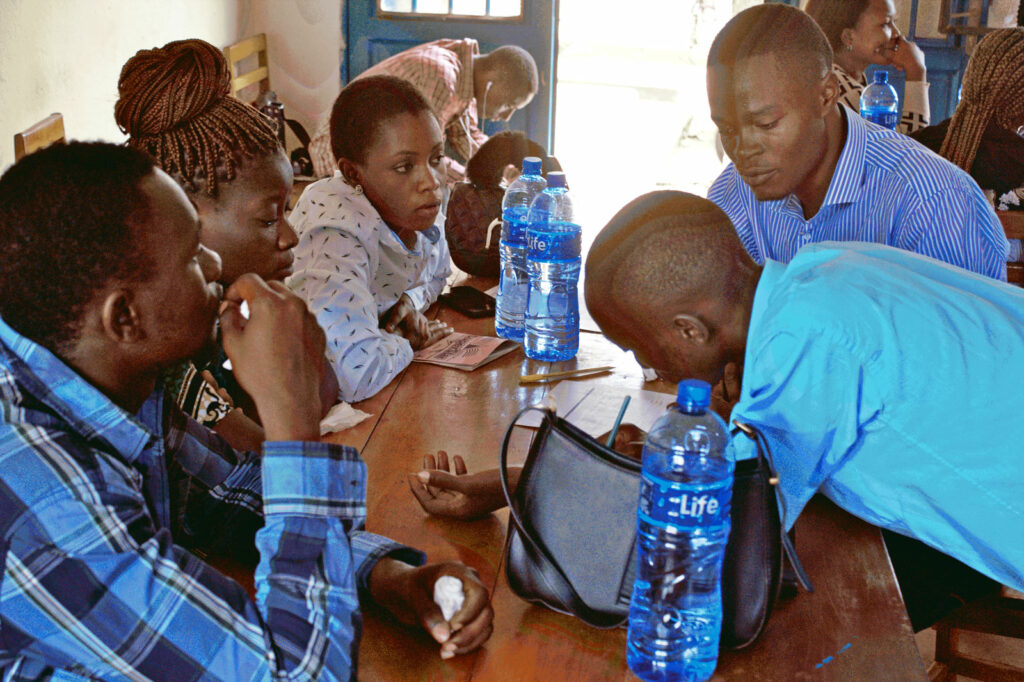
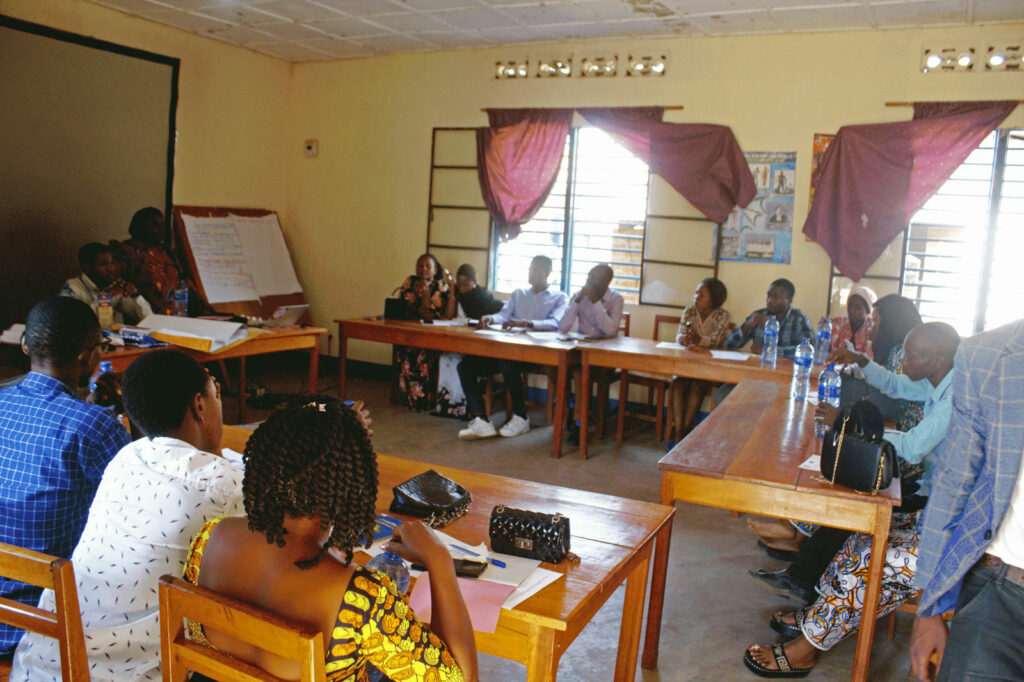
Since 2017, adverse effects of climate change have dramatically increased in Lake Tanganyika’s coastal areas disrupting the social and economic tissue of all riparian countries in the African Great Lakes region (Tanzania, Burundi, Zambia and the Democratic Republic of the Congo).
While 2021’s most disastrous rapid rise of Lake Tanganyika has affected over 50,000 basic infrastructures in the Congolese coastal city of Baraka and left up to 50,000 homeless on its shorelines, the nowadays water rise has already surpassed last year’s level which already affected thousands additional basic infrastructures all coastal cities according to reports from the Congolese local disaster management agency.
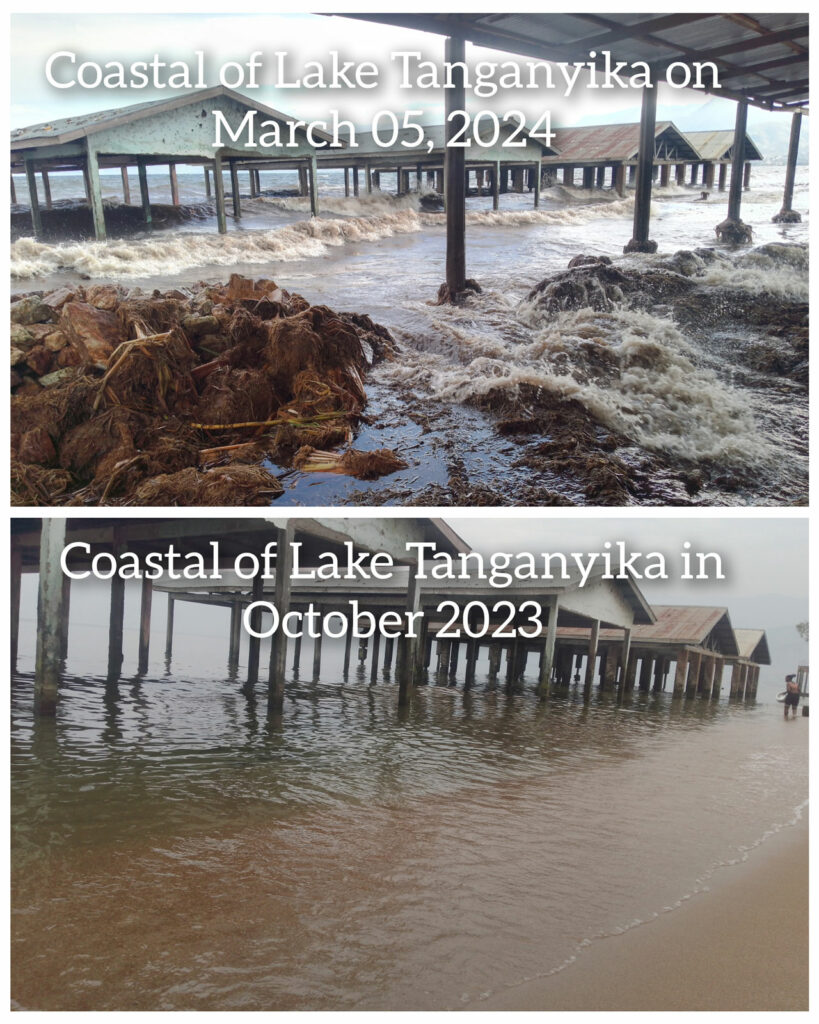
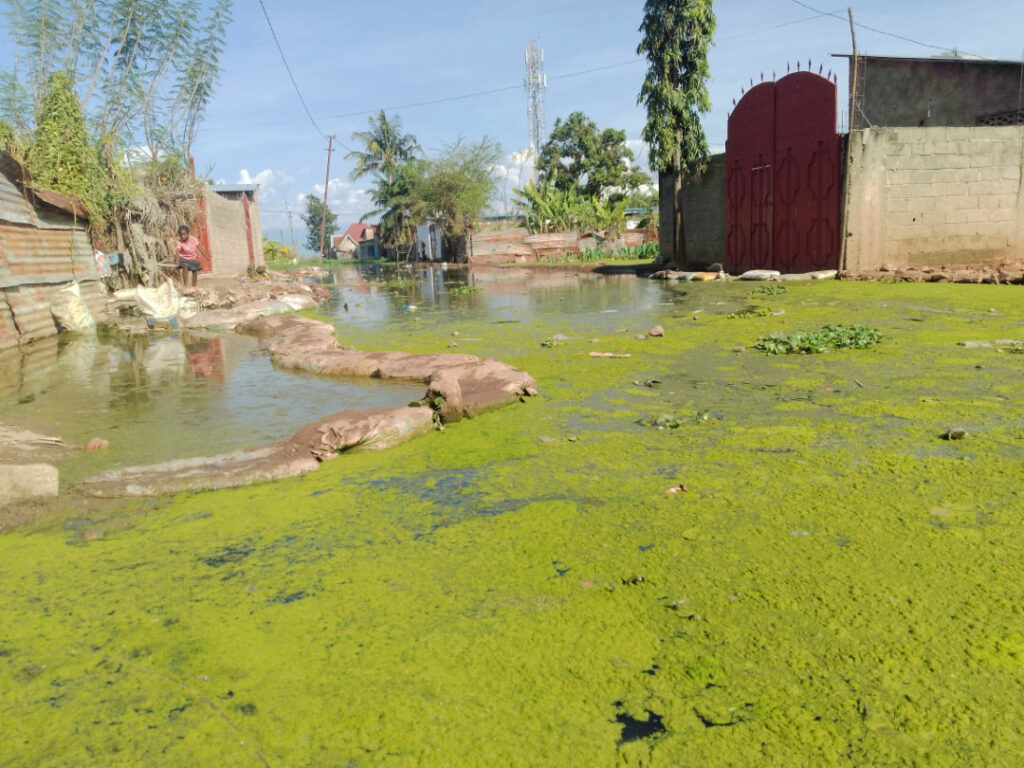
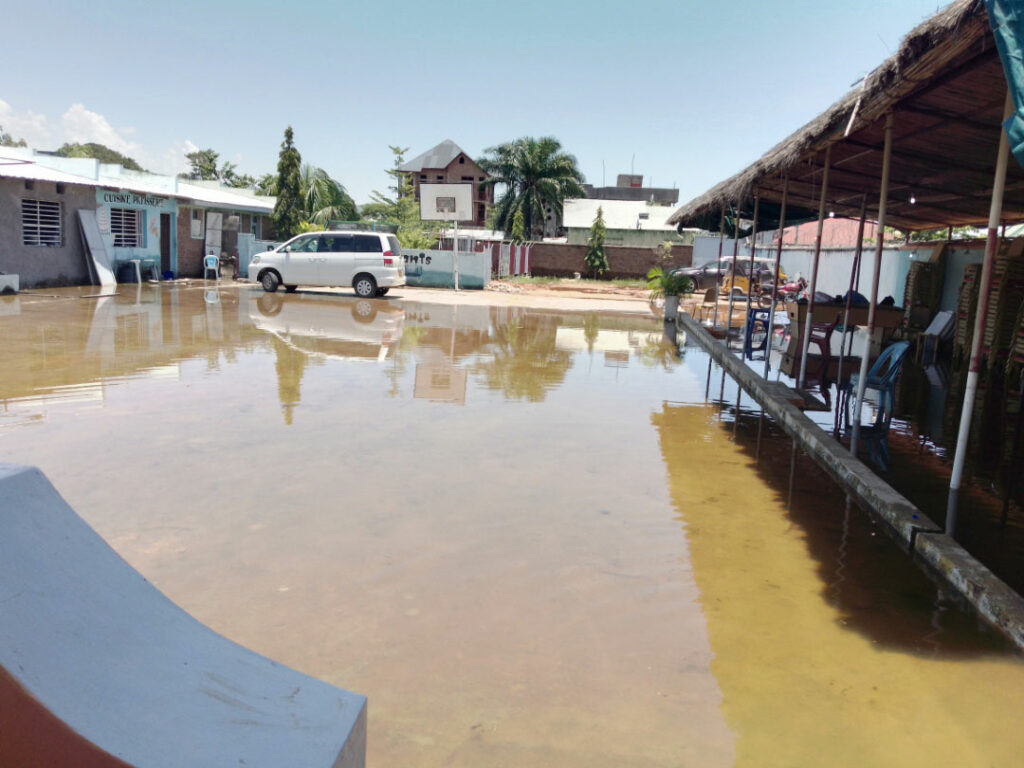
The proposed event’s overall goal was to strengthen the community’s resilience to the adverse impact of lake Tanganyika’s rapid rise in harnessing the power of open data to address the pressing increase the community’s level of preparedness and ensure a sustainable and resilient future for coastal communities. By leveraging climate collected and available public data, the project aimed at raising awareness, facilitating informed decision-making, and implementing practical solutions to protect vulnerable coastal communities in the riparian countries especially the Congolese coastal city of Baraka and neighborhoods.
Milestones
In order to reach the proposed project’s goal, the following activities were carried out:
- Identification of already flooded and flood-prone areas in the city of Baraka: the activity aimed at collecting data in the field to identify and map areas threatened by coastal floods and those already flooded. We collected data such as basic infrastructures already flooded in flood-prone areas in counties of Mwemezi, AEBAZ, Matata and Moma in the city of Baraka.
- Flood Risk Management capacity building: the activity aimed at using data collected in the field to build the capacity of vulnerable communities in flood risk management. Up to 50 participants including local authorities, and representatives of flood-prone quarters, have participated in the risk management capacity-building workshop. The activity was animated and moderated by myself, Kashindi Pierre, Founding CEO of DRM Africa.
Outcomes
After the project’s completion, the following are outcomes raised:
- Increased knowledge in flood risk management for up to 50 participants, including vulnerable communities exposed to river and coastal floods from the city of Baraka and neighborhoods.
- Up to 5,000 basic infrastructures were identified and mapped in the city of Baraka and neighborhoods.
- Active involvement of local communities in addressing the adverse effects of lake Tanganyika’s rapid rise.
About Open Data Day
Open Data Day (ODD) is an annual celebration of open data all over the world. Groups from many countries create local events on the day where they will use open data in their communities.
As a way to increase the representation of different cultures, since 2023 we offer the opportunity for organisations to host an Open Data Day event on the best date within a one-week period. In 2024, a total of 287 events happened all over the world between March 2nd-8th, in 60+ countries using 15 different languages.
All outputs are open for everyone to use and re-use.
In 2024, Open Data Day was also a part of the HOT OpenSummit ’23-24 initiative, a creative programme of global event collaborations that leverages experience, passion and connection to drive strong networks and collective action across the humanitarian open mapping movement
For more information, you can reach out to the Open Knowledge Foundation team by emailing opendataday@okfn.org. You can also join the Open Data Day Google Group to ask for advice or share tips and get connected with others.








